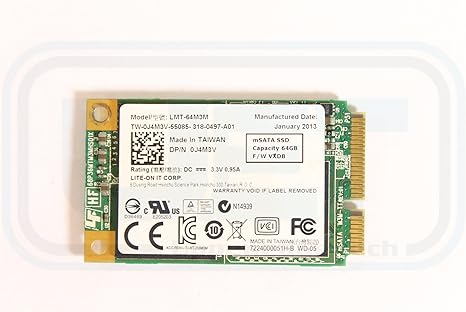Hi everyone, I have an old XPS 8100 which I changed approximately upgraded most of it over years and now it is the time to upgrade the motherboard and the CPU. The current processor is i7-860 with the default motherboard of this model. I have done the following changes through the years:
The question part: I have 1 T coming with the original dell XPS 8100 model. I am using them for storing my data and moved my operating systems into the new SSD. However, I would like to keep using these two disks without loosing their data. How can I transfer these two disks and connect them with the new motherboard? should I select a specific motherboard model? I am not sure if this is a software raid or a hardware raid. You help and guidance is really appreciated. Thanks.
- Changed the default PSU of 350 W into GAMEMAX ATX PSU GM-500G (500W)
- Changed the default GPU of GTS 240 into GTX 1070.
- I added one 960G SSD. (my board only supports SATA II connections).
The question part: I have 1 T coming with the original dell XPS 8100 model. I am using them for storing my data and moved my operating systems into the new SSD. However, I would like to keep using these two disks without loosing their data. How can I transfer these two disks and connect them with the new motherboard? should I select a specific motherboard model? I am not sure if this is a software raid or a hardware raid. You help and guidance is really appreciated. Thanks.

 .
. 
